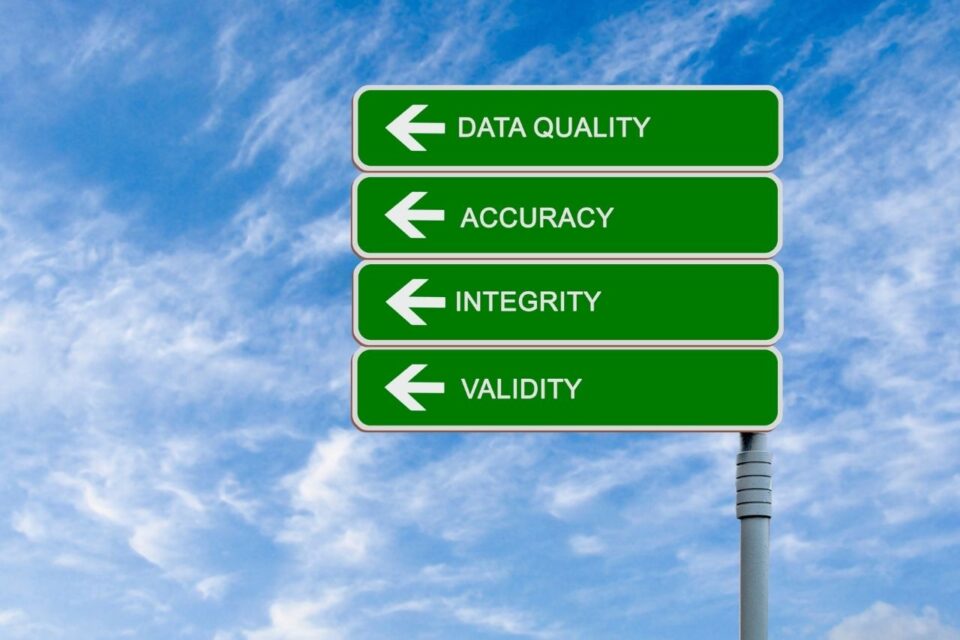
Patient-Friendly Strategy in Healthcare Revenue Cycle
January 24, 2019
What Percentage of Hospitals are without an effective RCM System?
February 7, 2019In new research, it has been found that hospitals nowadays are increasingly searching for practice management systems that can be customized and linked with RCM and EHR systems in hospitals. This article discusses the need for practice management systems in hospitals.
A practice management system is a software that allows hospital staff to carry out various day to day activities easily, such as billing, scheduling appointments, capturing the demographics of patients etc. This software usually functions as an administrative and financial software and can sometimes be integrated with EMR (electronic medical records) depending upon the need of hospitals.
While the suppliers for both PMS and EMR can be distinct, integration has been increasingly observed between the two of them in the technological world.
In order to streamline financial and clinical systems, many of the hospitals are now seeking practice management systems. Apart from this, many medical facilities put forward the need for practice management systems in order to function better with their IDN practices.
By the end of 2020, many large hospitals are working on replacing their practice management systems with technology that will enable them to be linked with EHR and RCM in hospitals.
CEOs and CFOs consider value-based systems to be a potential choice, however, they believe that they will not be able to succeed with the value-based model unless their practice management systems are able to communicate with other systems as well.
In a survey, the majority of the people that use practice management systems and non-integrated EHR do not assist hospital managers to make strategic decisions regarding payment methods and alternative reimbursement in order to enhance patient care and physician engagement.
In order to earn value-based payments, it is important to know the patient’s position in the care continuum and have an impact on the cost and results of encounters. However, it has been observed that in order to make your value-based system more effective, hospitals face the need to integrate their practice management systems with EHR and RCM in hospitals.
One survey revealed that practice management systems that are integrated, are supporting links that connect practices of physicians to hospital systems. Furthermore, it has also been discovered that integration of practice management systems in hospitals saves time and resources as compared to systems that are not integrated.
Some benefits on integrating practice management systems with EHR include Seamless data sharing between the two systems which give instant data access for both the administrative and clinical staff.
Furthermore, the integration of practice management systems with EHR lead to increased efficiency and quality care to patients. A system that is not integrated causes hindrances in the processes and results in deteriorating the efficiency of the systems.
With an integrated system, both the clinical and administrative sides are linked to increase the overall performance and enhance patient care.
Therefore, the need for an integration of practice management system with EHR and RCM is a practice that is a requirement nowadays.
Do you want to increase your bottom line? Learn how our software is saving other organizations $$MILLIONS!
If you are interested in a free demo of our AllPayor® Software, please go HERE or you can register for a FREE webinar HERE





